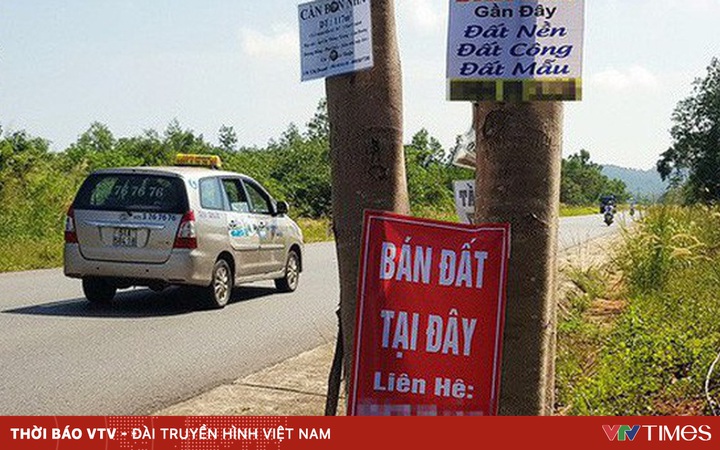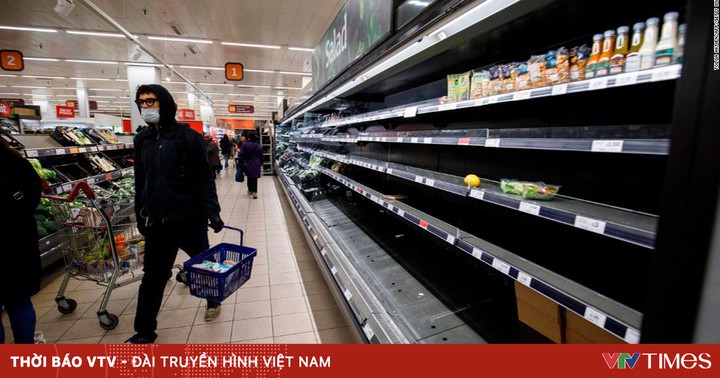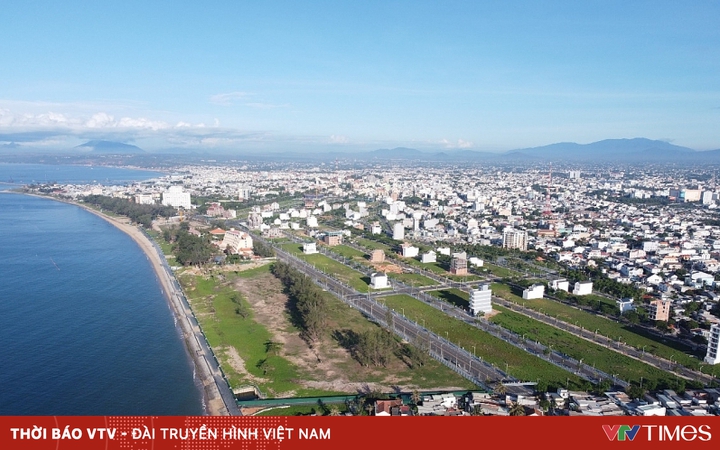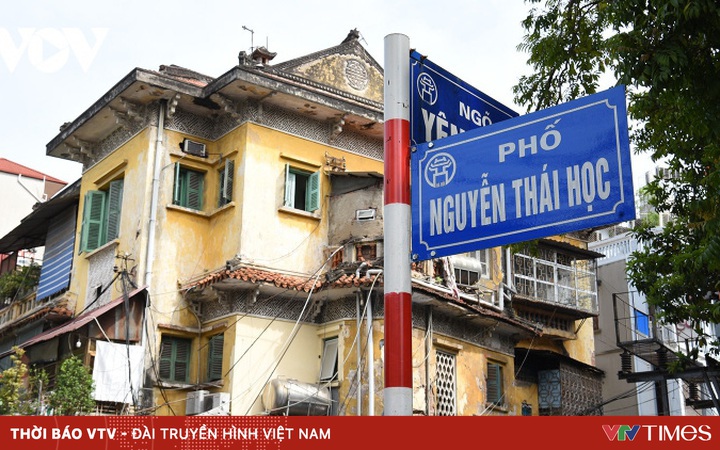The economic security challenge of the President-elect of Korea
Immediately after the narrowest victory in the history of “kimchi land” of President-elect Yoon Suk-yeol, of the main opposition National Power Party (PPP), the Korean business world proved to be an exciting target. with many expectations about new economic policies, in which businesses are supported, regulations are flexible, supporting the development of future industries and establishing new growth models.
 |
| Mr. Yoon Suk-yeol pledged to reduce taxes for businesses and the rich. (Source: Globalvillagespace) |
Need motivation to break through
President-elect Yoon Suk-yeol will face immediate pressure to lead decision-making to effectively respond to the post-Covid-19 pandemic, in which, along with measures to overcome the economic crisis, maintain growth momentum and find new development momentum for the world’s 10th largest economy.
A new growth model, creating a foundation for sustainable development is said to be essential to create a boost for the Korean economy in the period when the structure of the global economy is changing and the global economy is unstable. geopolitical stability is increasing. And the President-elect’s plan to develop the semiconductor industry as part of the President-elect’s national development strategy is a key part of that push.
Accelerating digital transformation and demand for post-Covid-19 IT products created a boom in demand for semiconductors. Mr. Yoon Suk-yeol is aware that this industry is moving into the stage of global competition.
In the immediate future, Mr. Yoon Suk-yeol proposed to promote fundraising and establish relevant agencies to develop the domestic semiconductor industry. He also pledged to turn Anseong, Yongin, Icheon and Pyeongtaek – home to Samsung Electronics and SK Hynix – into future, world-class semiconductor cities.
Given the importance of establishing flexible supply chains for raw materials that are impacted by global supply chain disruptions, President-elect Yoon Suk-yeol is likely to be interested in the development of materials, parts and equipment industries and prioritizing supply chain risk management.
Mr. Yoon once stated: “The Blue House will run not only military security but also economic security,” he said.
And to implement the set strategy, a policy is summarized by the slogan: “Let’s use the spirit of business to support the private-led growth model” clearly showing the important role of the company. private sector in the future Korean economy.
During the campaign period, Mr. Yoon Suk-yeol pledged to reduce taxes for businesses and the wealthy class. He affirmed, “Businesses that are innovative and have a lot of new ideas will create more jobs. I will eliminate unnecessary management policies and focus on developing businesses that have the potential to lead in the 4th industrial revolution with artificial intelligence. This will help reverse the lagging trend of the Korean economy.”
However, the problem that Korean businesses worry about is getting the consent of the National Assembly – a key issue for the new South Korean president before he can fulfill his commitments. Currently, the PPP’s number of seats in the National Assembly is far behind that of the ruling Democratic Party (DP), whose term will run until May 29, 2024.
Committed to moving people’s hearts?
Analysts say that Mr. Yoon Suk-yeol has “shaken” the hearts of the people, with his commitment to listen to the people’s hearts and voices in the election campaign. But with the incumbent President Moon Jae-in’s remarkable achievements, Mr. Yoon’s victory means that Korean voters are looking for a change in policy with many breakthroughs and not following. “trails”. That is a big challenge for the President-elect.
Many surveys before the election show that economic issues – social security, cost of living, real estate prices… are the top concerns of Korean voters, much more than other voters. foreign affairs. Accordingly, the direct challenge to Mr. Yoon comes from the need to solve major outstanding issues and campaign promises that are considered by the media as populist and not easy to implement.
Stabilizing real estate prices is a dilemma left over from the previous term. From 2017 to now, the price of apartments in the capital Seoul and major cities – where half of South Korea’s population lives, has doubled. 62% of household net worth is real estate, which not only negatively impacts the health of the economy, but also reduces people’s consumption capacity in the long run.
The second problem is rising household and public debt. As of September 2021, Korea’s household debt/GDP ratio is above 105.8% – the highest in the world and nearly double the G20 average. South Koreans are borrowing more than ever, and policymakers are increasingly worried that the $1.540 billion debt may become unsustainable as interest rates rise.
While Asia’s fourth economy is facing a bigger problem than the aging population, the burden of public debt, health care costs, social security and above all pressure pension fund – is expected to run out by 2057.
High unemployment and underemployment are the third biggest problem. Since 2017, Korea has created about 173,000 new jobs per year. However, this number is too small compared to President Moon Jae-in’s commitment of over 500,000 jobs per year.
Data from the Federation of Korean Industries shows that the minimum wage in South Korea in 2022 increased by 41.6% to 9,160 Won/hour ($7.65) compared to 2017, the same period. During this time, manufacturers have moved 180,000 jobs to overseas production facilities.
Regarding gender inequality and conflict, on his personal Facebook page, on the occasion of International Women’s Day on March 8, President Moon Jae-in himself acknowledged the shortcomings and hoped that the successor government would continue. policies that promote gender equality. However, a sensitive issue faced by Mr. Yoon Suk-yeol is the request to balance the policy that is considered too female by the incumbent President.
Finally, the most sensitive issue is how to deal with and handle the Covid-19 pandemic. The administration of the incumbent President has achieved certain results, but South Korea is recording an unprecedented spike in new infections in recent days.
The Korean government has set out a plan to achieve a growth target of 4% this year, 3.1% in 2023, after the pandemic, it is likely that difficulties will increase even more.
at Blogtuan.info – Source: baoquocte.vn – Read the original article here



